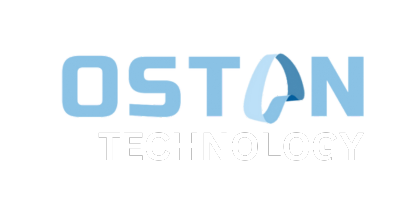
Ideas guided by astrological principles have existed in just about every human civilization, going back several millennia before the birth of Christ. The basic idea is that the position of celestial objects at a significant time in a person’s life can influence their personality, motivations, desires, and needs. An astrologer, trained to calculate the positions of these objects, can interpret this information to make predictions or suggestions that can help improve a person’s well-being.
Most of us have thought about why some careers feel so natural to us, while others don’t? Or why our coworker seems perfect for their job, but we feel like we’re just doing it without much connection? The answer might be in the stars. Astrology has helped many people understand themselves better, showing how personality traits and career paths can be connected to zodiac signs. Learning about our astrological traits might help us match our career with our natural strengths and weaknesses. It has been long associated with various aspects of life, including career choices. When it comes to our career, our zodiac sign’s element could be the key to unlocking our true potential. Fire, Earth, Air, or Water each element brings its own unique strengths to the table.
Astrology doesn’t just help in understanding personalities; it also influences career choices by aligning career paths with astrological traits, people can uncover opportunities that resonate with their natural abilities, making work not just a job but a meaningful journey. But can machine learning take this ancient wisdom and help predict career paths based on zodiac signs? This blog aims to explore the concept of machine learning to investigate how zodiac signs, their elements, and ruling planets influence career decisions and workplace dynamics.
The project involves training a machine learning model to forecast career paths or department placements based on astrological characteristics. By analyzing attributes such as zodiac sign, associated element (Fire, Earth, Air, or Water), and ruling planet, the model can uncover correlations connecting specific astrological profiles to certain job roles or departments. For example, Fire signs, known for their enthusiasm and vigor, may be more inclined to succeed in dynamic, people-facing roles like marketing or sales, while Earth signs might gravitate toward more methodical and analytical positions like finance or engineering.
To bring this project to fruition, a dataset needs to be compiled that includes individuals’ zodiac signs, elements, ruling planets, and the departments they occupy. The machine learning model would be trained on this data to categorize individuals into different departments based on their astrological traits. Various classification algorithms, such as decision trees, random forests, or support vector machines, can be employed to construct and evaluate the model.
The aim is to identify trends that suggest whether particular departments are dominated by individuals with similar zodiac signs or elements. For instance, it might reveal that departments like creative marketing or public relations are predominantly populated by Fire signs, while analytical roles in finance or data science may attract more Earth signs. By aligning career paths with zodiac characteristics, individuals may gain valuable insights into which roles or industries are best suited to their natural strengths.
This project not only offers an intriguing blend of ancient astrology and modern machine learning but also presents a fresh perspective on career development. By harnessing the power of data and classification algorithms, we can uncover connections between our astrological profiles and career success, potentially aiding individuals in making more informed decisions about their professional journeys. Ultimately, astrology might not only guide us in understanding who we are—it could also help us understand where we truly belong in the workplace.

